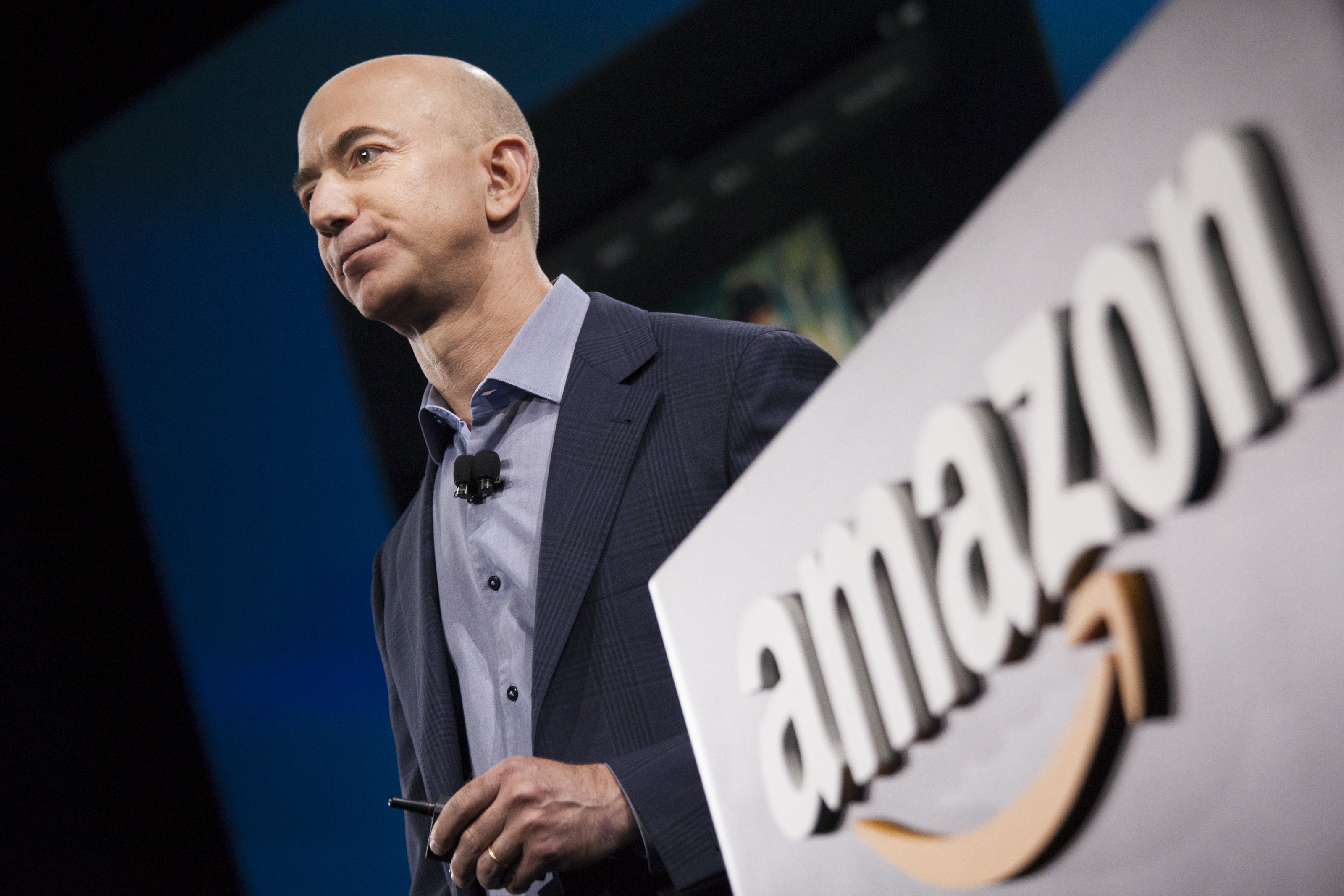New ‘head tax’ on large corporations is creating major controversies in Seattle. While the city council claims it will solve the homelessness issue, the mayor doesn’t share the same opinion, saying that this measure will ‘hurt workers’.
A new ‘head tax’ proposed by Seattle City Council is about to hit several tech titans in the region, including Amazon, Google and Facebook. Although these big companies don’t usually find common cause, this attempt at taxing their businesses has made them join forces.
Some Seattle leaders decided it was time to take some actions regarding the housing crisis that some of the most prosperous cities in America are facing and their solution was to charge every large employer for each and every employee that works in the city. Since Amazon is the largest private employer in Seattle and the one that boomed the real estate market in the region, the great burden fell on the company’s shoulders.
Amazon has more than 45,000 people working in this region and if the ‘head tax’ is applied, the sum the company will have to pay gets up to $20 million.
One major consequence of this debate was already seen last week, when Amazon announced they had to pause construction planning on their new tower and to start renting some of the company’s office space to other companies due to this tax.
The meeting that was scheduled last Wednesday and where both the mayor and City Council took part, gathered numerous people who expressed their concern regarding this tax. Most of them were wearing construction vests and explained that if this tax passes, they will have to go home and become unemployed.
However, there’s more behind this debate than just one tech titan and one policy. American cities are facing a great challenge and these big companies aren’t making things easier. Seattle, for instance, faces one of the hardest choices to make in the past years: should they raise revenue for the big employers and risk forcing them to move to other cities or should they maintain levying taxes on voters and risk an even more adverse reaction, which could make things even worse? Some believe that whatever the result will be here, it will be used as a ‘template’ for the rest of the US.
What’s the tax about?
It’s essential to understand the details that lie behind this tax in order to understand why Amazon hates it so much. The City Council wants to charge every big company 26% for every working hour of every employee. Do the maths and this will result in about $520 per worker per year. It’s true that companies with a revenue that exceeds $20 million per year are the only ones that would be affected – which represent nearly 3% of all businesses in Seattle – Amazon employs more than 145,000 people, which means that the fee they would have to pay is enormous.
Worth mentioning is that this structure is flat for only the first three years. This means that regardless of the annual salary of an employee (whether they earn $30,000 or $100,000), the fee will be the same for all. However, this flat fee will turn into a payroll tax starting off 2021, which means that 0.7% of an employee’s annual salary will be taxed. This second part, where taxes become bigger, is the aspect that seems to send big companies shivers down their spine.
Is this proposal good?
At the same time, the City Council believes that this tax will solve the homelessness problem in Seattle, which is a real emergency.
Lisa Herbold, one of the members of Seattle City Council, claimed that “This isn’t about Amazon. It’s about the humanitarian crisis in our city.”
There’s even been an emergency proclamation in 2015, regarding the high number of people sleeping under the open sky or in their cars, as well as an increased number of people in shelters. According to the latest census, there are more than 11,500 homeless people in Seattle. Rents in the region increased by 13.5% last year.
According to the officials, this tax would help them raise up to $75 million each year and they could use the money to try and solve this crisis by building more affordable housing.
In case the tax goes through, it would take effect in January, next year.



